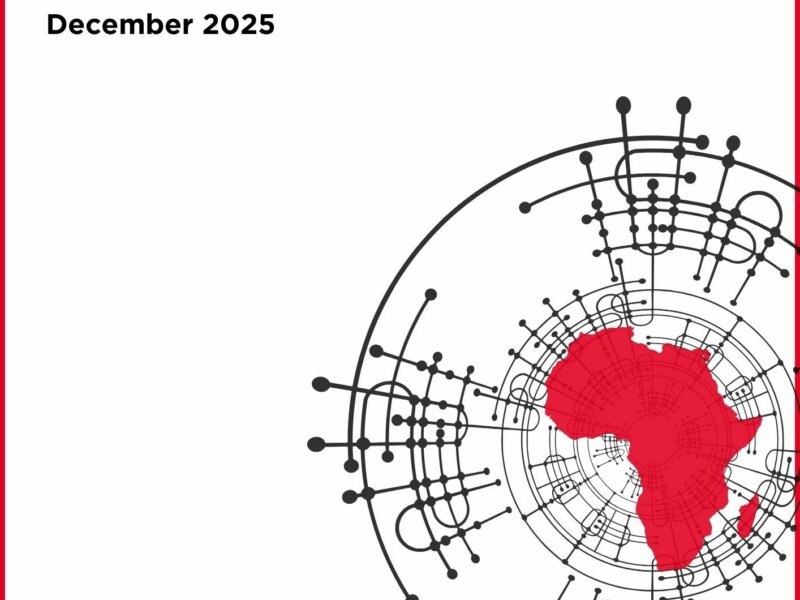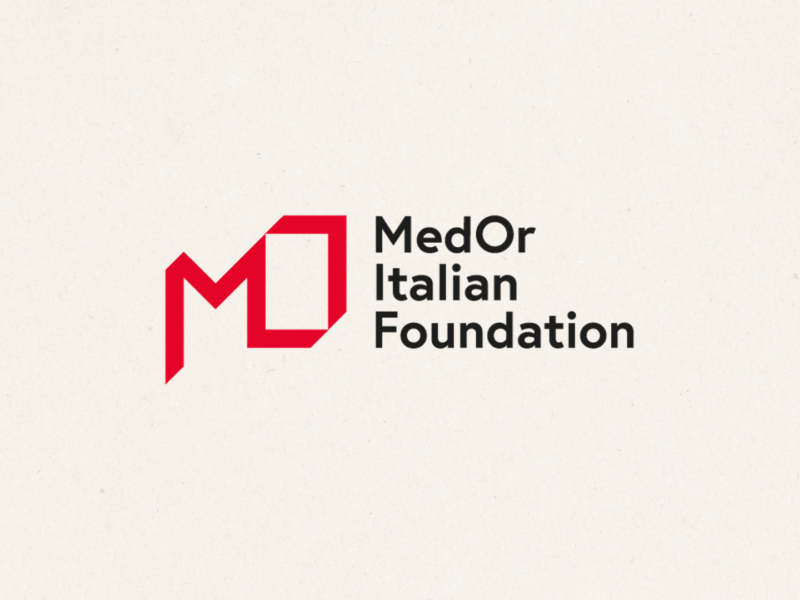Rome becomes the Capital of Global Food Security
From 24 to 26 July, Italy hosted the second UN Food Systems Summit. The event was a chance to reaffirm the country’s leading role in the field of food security and its commitment to strengthening dialogue with countries on the southern shore of the Mediterranean. By Emily Tasinato

From 24 to 26 July, the second UN Food Systems Summit (FSS) took place at the headquarters of the Food and Agriculture Organisation of the United Nations (FAO) in Rome. The meeting was organised and promoted by the Italian Government in collaboration with the Rome-based UN agencies (FAO, IFAD and WFP), and highlighted Italy’s leading role in food security. As stressed by Italian Prime Minister Giorgia Meloni in her speech at the opening ceremony – attended by high-level personalities from the international political-institutional world, such as UN Secretary-General António Guterres, FAO General Director Qu Dongyu, IFAD President Alvaro Lario and WFP Executive Director Cindy McCain – food security is a core issue on Italy’s national agenda and a “strategic pillar” of the country’s foreign policy. Among the most dynamic and advanced food and beverage clusters in the world, Italy is making a considerable effort to develop sustainable agriculture, in line with the “Zero Hunger” goal set by the UN 2030 Sustainable Development Agenda. Food security, Meloni said, will also be a priority for the Italian presidency in the next G7.
Reflecting on present challenges and exploring new opportunities for transforming agrifood systems were at the heart of discussions both in official sessions and in high-level side meetings. Around 200 participants from over 180 countries, representing the private sector and governmental institutions – including Heads of State and Government, and Ministers – debated on the urgency of fighting against climate change, the need to develop and adopt cutting-edge technologies (e.g., precision agriculture, Artificial Intelligence and blockchain, data analytics), as well as the importance of capitalising on research, to change the face of agriculture. Replacing production systems that increase agricultural output at the expense of the ecosystem with more sustainable and resilient food systems in the face of future global shocks, is a strategic imperative shared by the whole international community.
The increasingly dramatic effects of climate change, the consequences of the Covid-19 pandemic, the war in Ukraine and Russia’s recent withdrawal from the Black Sea Grain Initiative have, however, added new layers of complexity to national food systems, slowing down the paradigm shift needed to guarantee to all people “physical and economic access to sufficient, safe and nutritious food that meets their dietary needs and food preferences.” This was the definition of food security adopted at the 1996 World Food Summit. In her closing remarks, UN Deputy Secretary-General Amina Mohammed left us a picture that remains negative, reiterating how the world is not yet “on track” to achieve the Sustainable Development Goals (SDGs). The social, economic and environmental costs associated with today’s inefficient food systems amount to US$12 trillion. Failure to redress this situation could result in about 575 million people still living in extreme poverty and almost 670 million facing food insecurity by 2030. These consequences do not respect national borders and can trigger vicious cycles of social, geopolitical, economic and environmental crises, the UN Deputy Secretary-General said.
Attempting to address the current lack of funds in several countries, especially in the Global South, and laying the groundwork for a new investment strategy, the FSS ended with the launch of the Joint SDG Fund’s Window on Food Systems which anticipates US$350 million over the next five years of catalytic financing (i.e., aimed at paving the way for further investment). It aims to become a major platform to mobilise broader financing and expertise from different stakeholders and, above all, to reshape the global financial architecture through a massive involvement of both public and private investments. UN Secretary-General António Guterres called on the Summit’s attendants to increase collaboration between governments and enterprises to build systems that “put people above profit,” exploring new ways to reduce production costs and increase the availability of healthy food for all.
However, a new approach to agrifood systems cannot be achieved without sharing targets and goals with the Global South, the area of the world most affected by food insecurity. On the sidelines of the Summit, Italian Prime Minister Meloni met with various leaders from the Horn of Africa: Ethiopian Prime Minister Abiy Ahmed, Somali President Hassan Sheikh, Djiboutian Prime Minister Abdoulkader Kamil Mohamed and Kenyan Vice-President Rigathi Gachagua. Given its centrality to equilibria across Africa and the Broader Mediterranean, the Horn of Africa is a strategic priority at the heart of Italy’s foreign policy agenda. This has repeatedly been affirmed by PM Meloni’s government – including last April, during the trilateral meeting between Italy, Ethiopia, and Somalia at Addis Ababa, and at the end of May, at the United Nations Humanitarian Conference on the Horn of Africa, which was also co-organised by Italy.
The meetings the Italian Government held with representatives from Ethiopia, Somalia, Djibouti and Kenya at the FSS trace a continuum with the recent International Conference on Development and Migration, held in Rome on 23 July. They reflect Italy’s commitment to strengthening dialogue with the countries of the southern shore of the Mediterranean and playing a key role in the region. Italy aims to build a new partnership model that is truly inclusive and goes beyond any neo-colonialist and predatory relationship vis-à-vis Africa’s natural resource-rich states. Migration and food insecurity must be considered two sides of the same coin.



